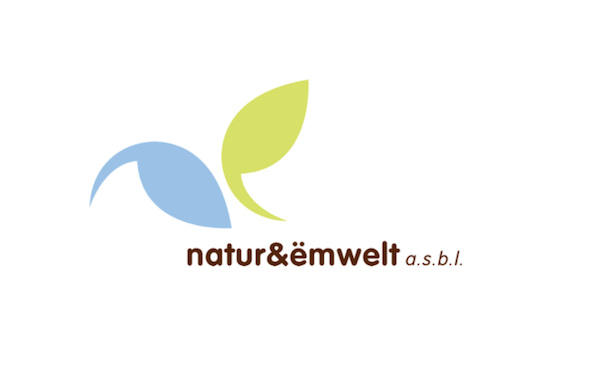
Luxembourgish nature conservation NGO natur&ëmwelt has recently issued a statement calling for decisive action to protect the country’s water resources in light of obligations under the European Water Framework Directive (WFD).
In this context, the NGO issued its call during the public hearing concerning the updated management plan for the fourth cycle (2027-2033), urging a “stronger commitment” to protecting Luxembourg’s water resources. The NGO acknowledged progress in water policy but emphasised the “urgent need for action”, particularly in the agricultural sector, to ensure that the directive’s objectives are met.
As part of its assessment, natur&ëmwelt referred to the interim evaluation of Luxembourg’s WFD implementation, which presents a concerning picture: none of the country’s surface water bodies have achieved good ecological status. The NGO noted that groundwater quality was also problematic, with just 21% of groundwater resources meeting good chemical standards, despite relatively few constraints on water availability.
These concerning findings, the NGO argued, stem largely from delayed investment in water protection efforts. It acknowledged that 72.3% of drinking water sources now benefit from designated protection zones and that substantial investments have been made in wastewater treatment. However, it stressed that these efforts have not yet translated into tangible improvements in water quality.
Moreover, natur&ëmwelt stressed that deeper systemic issues persist, particularly regarding hydromorphological interventions aimed - structural measures aimed at restoring and improving aquatic ecosystems. According to the NGO, only 2% of such planned measures have been carried out, primarily due to land availability constraints and inadequate legal enforcement.
In addition to infrastructure shortcomings, the NGO highlighted agriculture as a major barrier to achieving water protection goals. Despite the sector’s well-documented role in water pollution, notably through nitrates and pesticide use, natur&ëmwelt argued that it has shown limited willingness to actively contribute to environmental protection efforts.
In light of these challenges, natur&ëmwelt put forward several demands for the 2027-2033 water management plan:
- Consistent implementation of the new action plan: All stakeholders must be mobilised to accelerate the measures, and this must be realised effectively;
- A stronger role for agriculture: The WFD's objectives cannot be achieved without effective and binding contributions from the agricultural sector;
- Improving administrative cooperation: Exchange between environmental, agricultural and other relevant administrations must be much more efficient;
- More support for local actors: Initiatives, citizen participation and campaigns require sufficient financial and structural support to be impactful;
- Binding measures instead of voluntary ones: Voluntary measures are no longer enough; stronger legal instruments and clear political will are needed to implement measures swiftly.
“If Luxembourg does not effectively protect its water resources, it will not only face European infringement proceedings but, more importantly, the gradual loss of a resource essential to both people and nature,” natur&ëmwelt emphasised.








